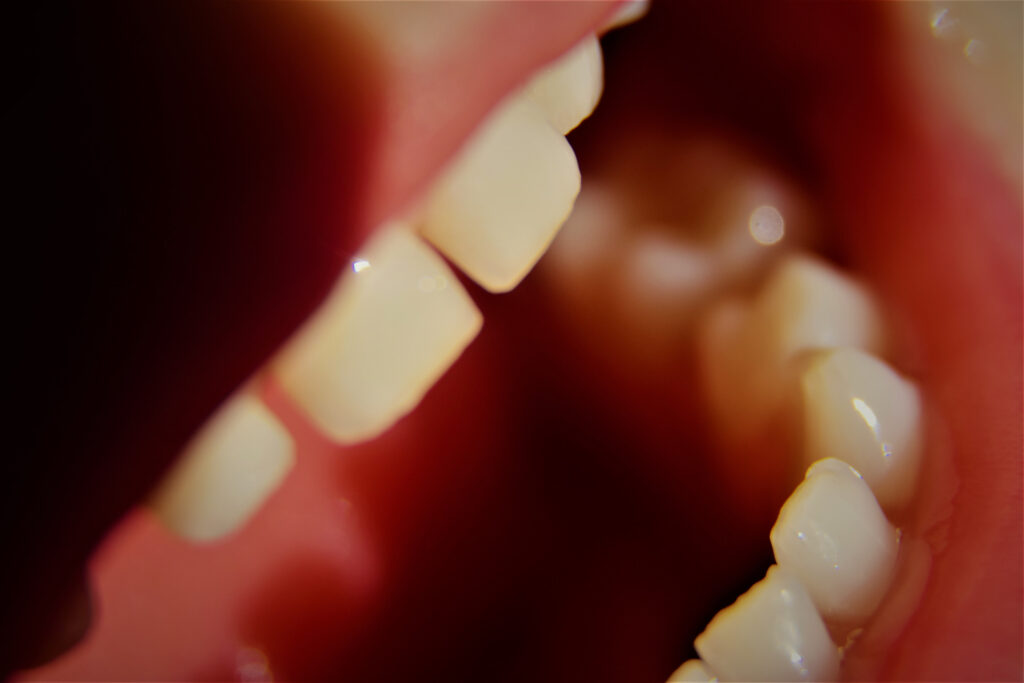Premium Dental Care
Contact Us
Mon - Fri
9:00am to 5:00pm
9:00am to 5:00pm

Sensitive teeth can cause discomfort and pain when exposed to hot, cold, sweet, or acidic foods and beverages. We offer several effective treatments available to alleviate tooth sensitivity and improve oral health:
The underlying cause of tooth sensitivity should be identified by a dental professional before pursuing any treatment. Regular dental check-ups and discussions with a dentist will ensure proper diagnosis and effective treatment of tooth sensitivity, leading to improved oral comfort and quality of life.
Tooth sensitivity is often caused by exposed dentin, which contains microscopic tubules that connect to the tooth nerves. Common triggers include hot or cold foods, acidic drinks, and brushing too aggressively.
Yes, sensitive teeth can be treated. The treatment options depend on the cause of sensitivity and may include desensitizing toothpaste, fluoride treatments, dental sealants, and addressing gum recession or tooth decay.
Yes, it’s essential to see a dentist for sensitive teeth. They can determine the underlying cause of sensitivity and recommend appropriate treatments to alleviate discomfort and prevent further issues.
To prevent tooth sensitivity, practice good oral hygiene, use a soft-bristled toothbrush, avoid acidic or sugary foods and drinks, and wear a mouthguard if you grind your teeth at night.
In some cases, dental treatments like teeth whitening or certain dental procedures may temporarily increase tooth sensitivity. However, these effects are usually mild and short-lived.
While home remedies can provide temporary relief, such as using desensitizing toothpaste or avoiding triggers, it’s essential to address the root cause of sensitivity by consulting with a dentist for appropriate treatment.
Don’t wait any longer. Contact us today to set you your appointment. Our dental professionals are ready to assist you.